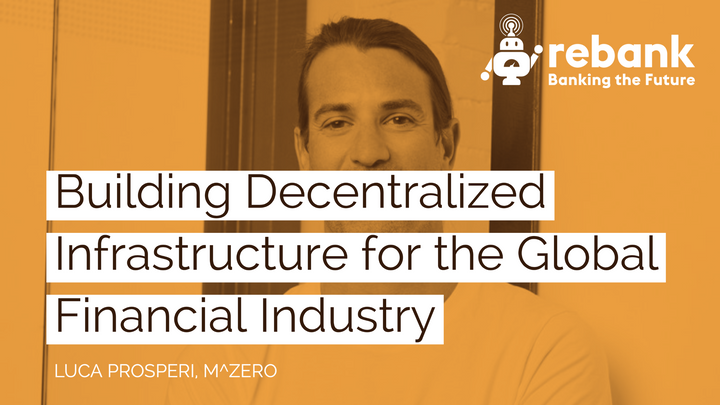Is There a Role for Humans in Finance?

We discussed this question with Leslie Campisi of Anthemis. Listen to the audio version of this discussion here: https://apple.co/2RD3GYf
We've spent ten years since the 2008 financial crisis improving finance with technology, in ways that automate away tasks previously done by humans. Is there a limit to how much of financial services machines should do? Are there roles humans should continue to play?
Operations
Transaction processing has long been software driven, and it's clear that other parts of the back and middle office are better suited for software solutions than human solutions. Credit underwriting and fraud monitoring have moved away from humans to machines, and more processes will follow. Onboarding, compliance and risk management are obvious candidates, but so is the entire credit lifecycle. Companies like TrueAccord show how effective software-based solutions can be at performing traditionally empathetic human tasks like debt collection.
Face-to-face customer interactions were once the norm in banking, lending and investments, but that is changing fast. In a digital world, financial services are stitched into the fabric of customer experiences. Even traditionally face-to-face products like mortgages and financial planning can be more cheaply and effectively delivered digitally.
Decision Making
So maybe we don't need human involvement in financial services operations, but what about decision making?
It's tough to look back at a history of economic booms and busts fueled by financial speculation and conclude that inherently self-interested, emotional, human decision making is the best way to run the financial system.
Are we justified in believing that we need humans to make business strategy decisions? Manage portfolios? Set interest rates?
Creativity
Creativity is where it gets interesting. There are compelling arguments for why humans may not enjoy exclusive domain ownership in creative areas like music or art. I see no reason why machines couldn't ingest information about the most loved songs and artworks and produce new, desirable versions based on pattern-derived insight.
Can software build new businesses from scratch? Can it leverage new tools in the context of evolving market dynamics to design and deliver new enterprises? Surely, technology can help us identify and validate new product or market opportunities, but that may be the limit of its creative impact in financial services in the medium term.
Takeaways
It's clear that machines will fill increasingly sophisticated roles in financial services going forward, leading to a direct reduction in the number of human workers the sector employs. There may be an influx of developers into finance, but headcount virtually everywhere else in the industry will certainly fall.


